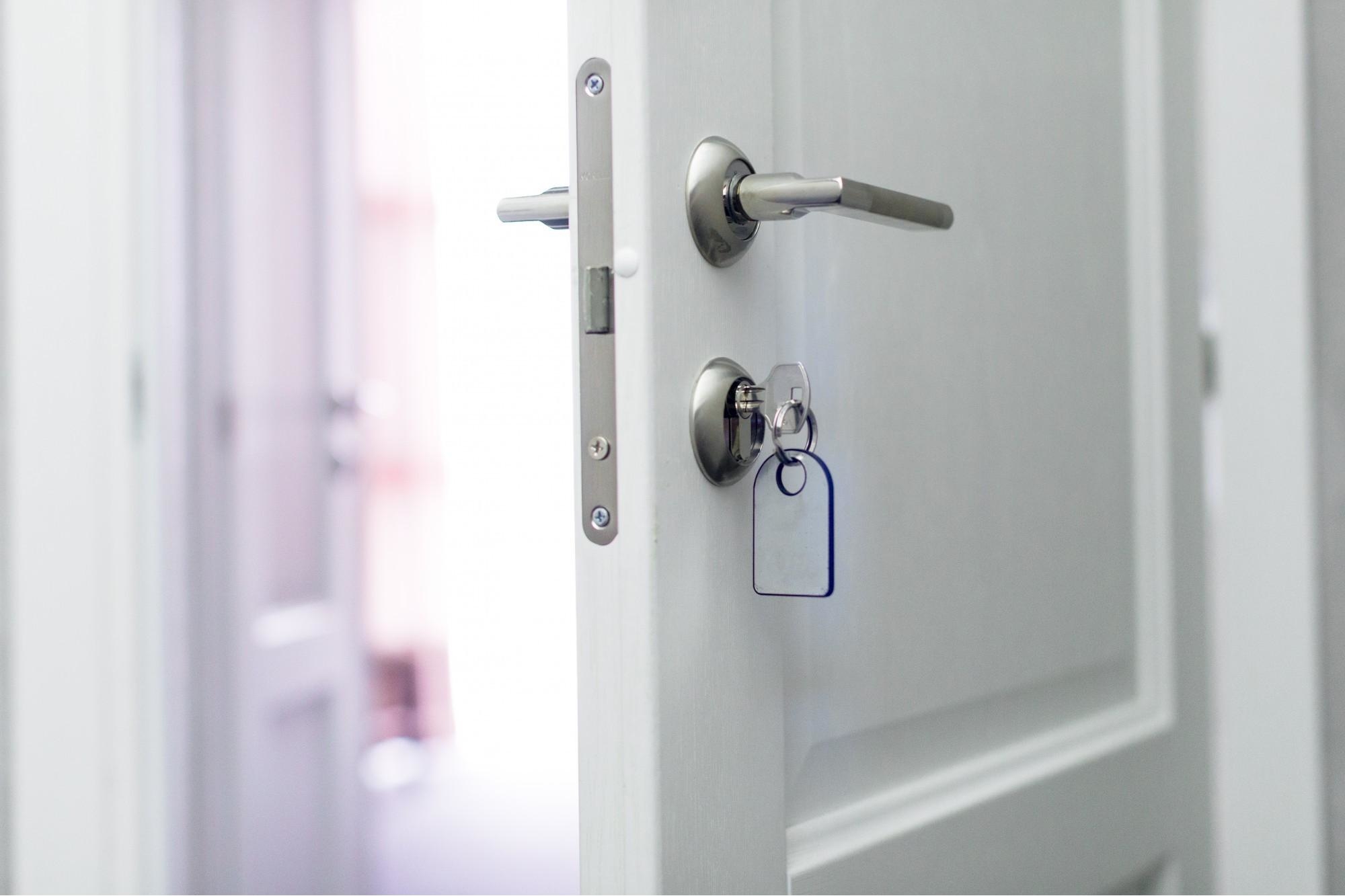The maelstrom of rapid growth caused by COVID-19 brought with it, seemingly overnight, the need to implement the concept of teleworking. While the dynamics of teleworking or home office were already part of the DNA of some organizations, the reality was different for many others, and they were caught on their “wrong foot.” Sharing the same workspace with others, trying to reconcile with family life, limited availability of the necessary tools, insufficient furniture … an infinite number of setbacks which made their home a less than optimal workspace.
This problem is added to the sad reality that the hotel industry is experiencing, where the fear of contagion has caused the demand for tourist accommodation to decline by almost 70 percent. However, in this context, at BYHOURS we observed an increase in the demand for micro-stays for work purposes, a formula that was already working but with the current situation has been reinforced. Empty rooms equipped with all kinds of comforts and hygiene measures become an ideal place to work for a few hours. The hotelier sees in this formula an extra source of income and an alternative to recovering the occupancy rate.
This trend has been anointed “hybrid hotel” or hotel office, and users already have shown a spectacular reception. With BYHOURS, the user can reserve packs of three, six or 12 hours to work in the best hotels in the world, whether it’s to have a private and comfortable space to concentrate or to get away from the home routine. There are currently more than 3,000 spaces that our customers can use to work, all with good technological infrastructure and all the comforts of a hotel. At least a quarter of employees who work remotely do not have an adequate workspace or do not have sufficient peace of mind, having to deal with family requirements and develop their roles from home.
It is well-known that the hotel sector is one of the most affected by the COVID-19 health crisis and sector revenue has plummeted globally since March. It is still difficult to speak of a recovery after months of closure where the fall was a nosedive, as the contagion has not ceased and tourism continues to be seriously affected by the fear of a second wave. Therefore, at a time like the current situation, the promotion of the hotel office concept among potential customers presents hotels with good news because it is estimated that this type of establishment could increase revenues by 20 percent.
A hotel office, as its name suggests, simultaneously and flexibly combines hotel and office services. It covers the needs of tourist accommodation, providing comfort, quality, detail or gastronomic services, on the one hand, and the needs typical of the working environment, on the other hand, such as technological equipment, adequate lighting, ergonomic furniture, meeting areas or private small-scale events, as well as access to food and beverages.
As co-CEO of BYHOURS, our business model aims to help the hotel sector, offering a service of high demand in the market. In this sense, we are a clear example of the positive evolution that this trend has experienced in recent months, since in July and August, our reservations in LATAM have increased by 111% and 76%, compared to July and August last year, respectively.
Another fundamental feature demanded by the user, as is typical of the BYHOURS concept, is the flexibility to access the facilities for days and hours. Our users can, therefore, decide when to enter and leave the room, and only pay for the time they are in the space. This is a great benefit not only for individuals but also for businesses that have decided to implement teleworking permanently after the pandemic. The fact that they have a large portion of the staff at home means they don’t really need the large facilities they used to. This translates into the need to swap for smaller and more flexible spaces, such as those we have offered through our hotel industry partners for the last eight years. Businesses can choose optimal workspaces for their employees thanks to the hotel office concept, without the need to rent or make large investments in traditional offices.
I believe that all professionals in the tourism industry are aware that our sector is in a process of constant change and it is time to find the opportunity to emerge stronger from this crisis or, at least, be able to overcome it.
https://mexicobusiness.news/entrepreneurs/news/hotel-office-new-trend-and-support-hotel-sector

